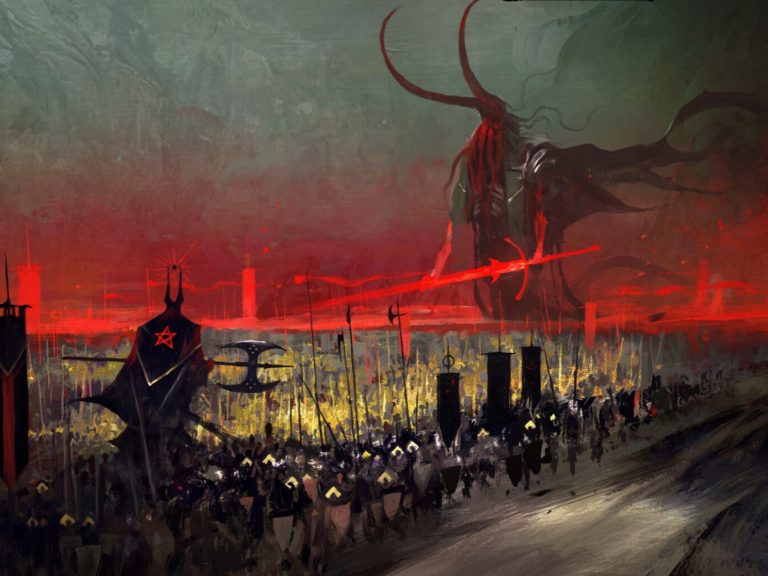The EU wants to regulate the development of AI. There is the first legal act

The European Union has once again shown that it can be a leader in creating legal regulations covering phenomena that are developing so dynamically that it might seem that they are out of control. This time it’s about artificial intelligence.
Cybersecurity has been one of the most important aspects that countries and lawmakers around the world have begun to pay attention to in recent years. One major aspect of this field that raises concerns is artificial intelligence. The pace at which new technologies are being developed increases the concern.
The European Union creates the first law regulating artificial intelligence
On Friday, December 8, representatives of the European Union member states announced that they had agreed on the first-ever regulations regarding the development of artificial intelligence. Thus, the EU has become a forerunner in civilizing and putting into a legal framework a phenomenon that – as many might think – has gotten out of control and has been taking on a life of its own in recent months.
The regulations are quite general at this stage, but with such rapid changes in this area, they probably could not be written down in great detail. EU representatives set, for example, a framework for the use of artificial intelligence by state institutions, or the use of technology to collect and use biometric data of citizens of member states.
Avoid market overregulation
Interestingly, according to some MEPs, the biggest challenge was not to create a legal framework, but to resist the temptation to overregulate the market, which could lead not only to the inhibition of its development, but also to the flight of the most innovative companies from the European Union, because they could not develop your solutions.
The new legal regulations were negotiated after three days of meetings. The MEPs present admitted that this is only a legal framework and there is still a lot to be refined.






